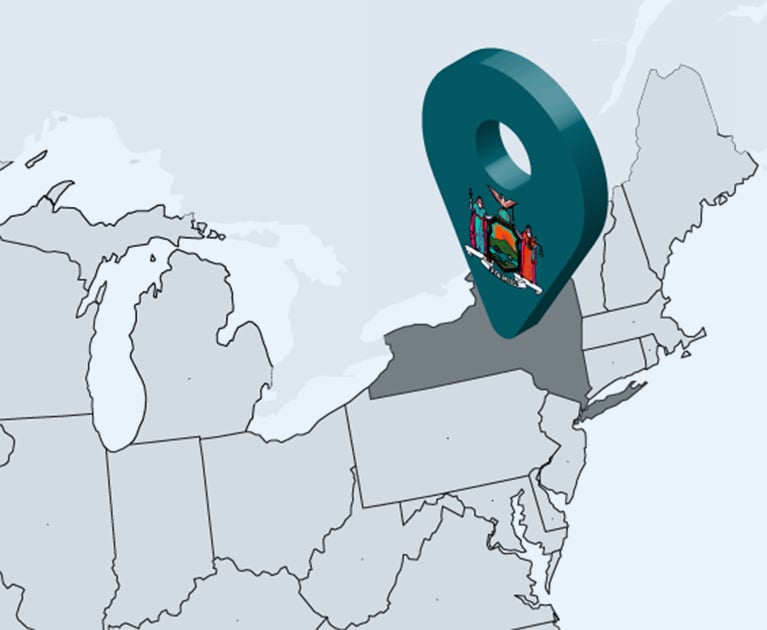For crypto enthusiasts, one of the burgeoning technology’s great appeals is its international reach. For litigants, though, one of its great hurdles may be that same international reach. The U.S. Court of Appeals for the Second Circuit’s recent non-precedential summary order in Barron v. Helbiz, 2021 WL 4519887 (2d Cir. Oct. 4, 2021), grapples with this point and addresses some of the challenges that can be made on extraterritoriality grounds to applying U.S. federal and state law in the cryptocurrency context. How far is too far when it comes to litigating crypto in the United States?
Spanning the Globe
Blockchain and other distributed-ledger technology continue to play an increasingly active role in global commerce and finance, with increasing sophistication. Smart contract technology can enable parties around the world to bind one another to agreements and record their cross-border transactions efficiently and transparently, fostering trust and liquidity in the marketplace. Initial coin offerings (ICOs) invite individuals around the globe—including sometimes in the United States—to invest in new and innovative digital currencies, possibly even expanding access to credit and capital without regard to one’s geographic location. And all this is largely possible with nothing more than an internet connection. The systems underlying this activity not infrequently involve a raft of connections among individuals, companies, legal instruments and structures, and computer servers that may be based in any number of different countries.


 Robert A. Schwinger
Robert A. Schwinger




